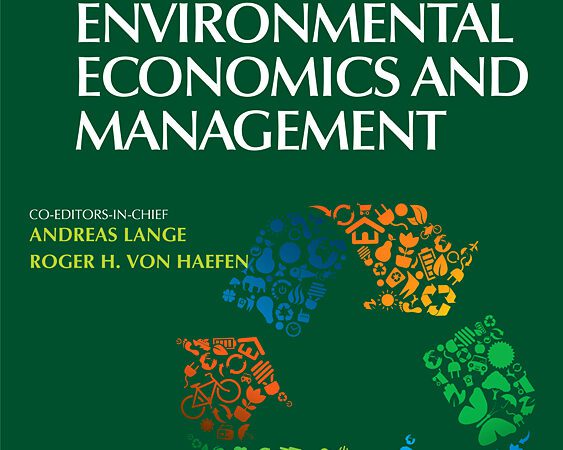
We present a formal model that analyzes the trade-offs between environmental policy and economic growth in a developing economy. The adoption of restrictive environmental policies limits the use of abundant fossil energy resources, which may slow down economic development and thus violate the Right-to-Development. If faster economic growth allows a country to grow out of pollution sooner, less stringent policies are good for growth and even for the environment, having adopted a long-term horizon. Accounting for a ceiling on cumulative emissions can reinforce the argument by providing an additional rationale to phase out pollution. One assumption is crucial for the argument to hold: polluting fossil energy is an essential input over the early phase of economic development, but not in the later phases. Such a discontinuity could result from structural change. We provide empirical evidence for the plausibility of a discontinuity in the elasticity of carbon dioxide emissions with respect to aggregate output, using cross country data, even if it does not appear to be as strong as assumed in the model economy.
